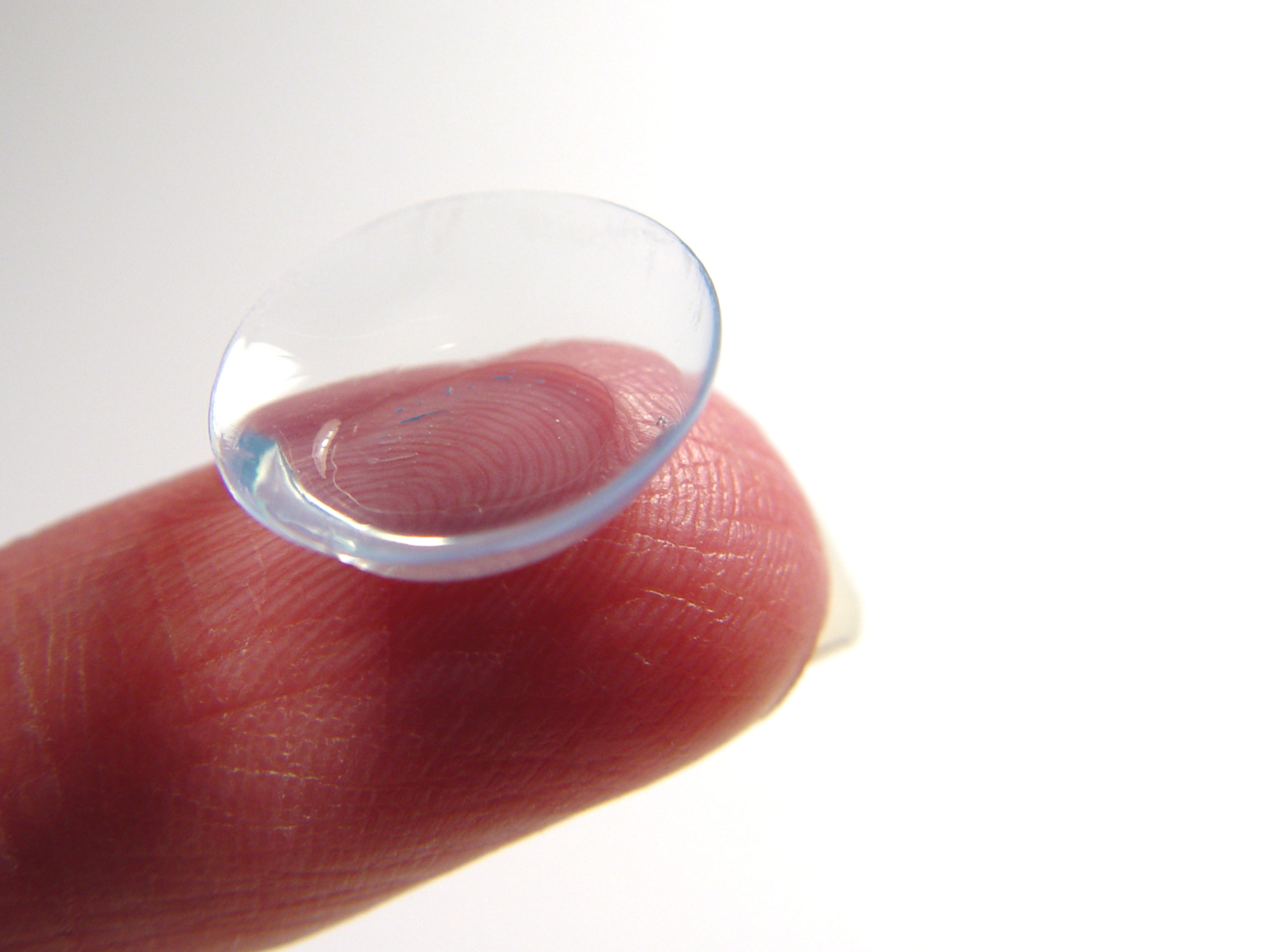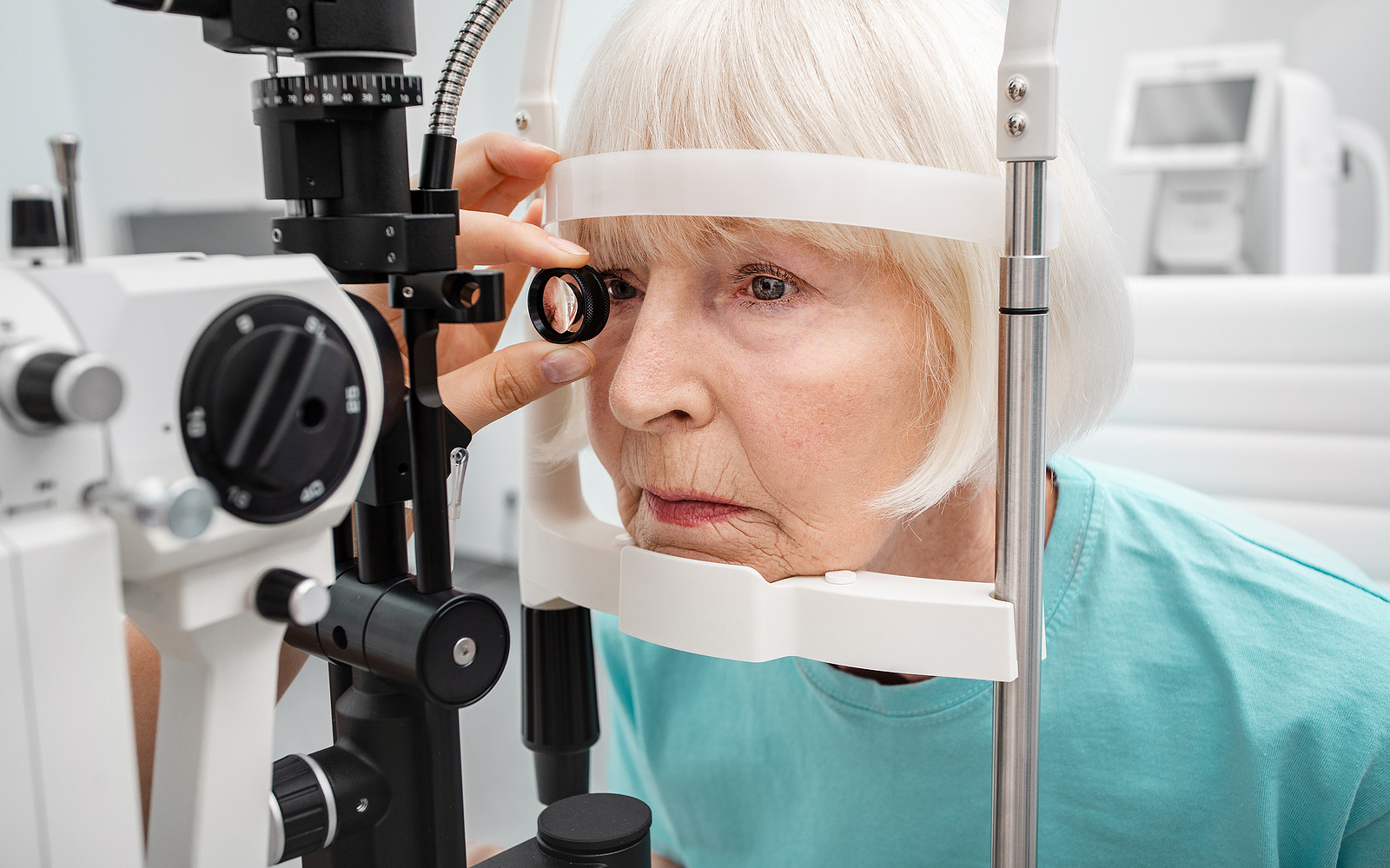The Dangers of Sleeping with Contact Lenses

Eye doctors and the CDC agree — don’t fall asleep in your contact lenses, even for naps (if you can help it).
If you are one of the 45 million Americans who wear contact lenses, it’s likely that you’ve fallen asleep in them at some point. Whether for a short afternoon nap or a full night’s sleep, it’s usually better to take the lenses out for the health of your eyes.
Your Eyes are Safest When You Don’t Sleep in Contact Lenses
Although eye doctors have long advised patients to take out their contacts before getting some rest, the Centers for Disease Control and Prevention (CDC) recently issued their own warning as well. Following a series of incidents in which patients suffered serious corneal infections associated with sleeping in contacts, the CDC advised that doing so makes you six to eight times more likely to contract an eye infection.
For the one in three contact-wearers who admit to keeping their lenses in while sleeping, this poses a significant threat to their long-term eye health. Sleeping in contacts may seem harmless, but the trouble comes because the lenses prevent oxygen from getting to the eye. Bacteria thrives when oxygen and movement are limited.
During the day, blinking helps to keep your eyes and contact lenses clean, but while you’re sleeping, your eyes lose the protection blinking offers. Taking out your contacts limits bacteria’s ability to grow and cause an infection that could lead to a variety of complications including redness, itching, eye pain, and even vision loss.
Catch Some Z’s – Without Catching an Infection
The best practice for healthy eyes is to always remove your contacts before sleeping and napping (cat naps included). Even if your contacts are technically FDA-approved for overnight wear, removing them is still the best way to prevent infection.
If you do fall asleep in your contacts, take them out as soon as you are able and give your eyes at least a day without lenses in. Be sure to soak the slept-in contacts overnight to clean and rehydrate them or dispose of them if they are old or dried out.
While eye irritation and dryness are common after sleeping in contacts and can be treated with eye drops, contact your doctor immediately if you experience more severe symptoms such as pain, light sensitivity, or extreme redness.
At the end of the day, contact lenses may not be the right corrective option for your eyes. If you find yourself frustrated by the inconvenience of contacts or seem to fall asleep in them far more often than you should reach out to the expert team at Swagel Wootton Eye Institute with locations in Mesa and Chandler to explore the possibilities of LASIK and kissing your contacts goodbye altogether.
[DISPLAY_ULTIMATE_SOCIAL_ICONS]








